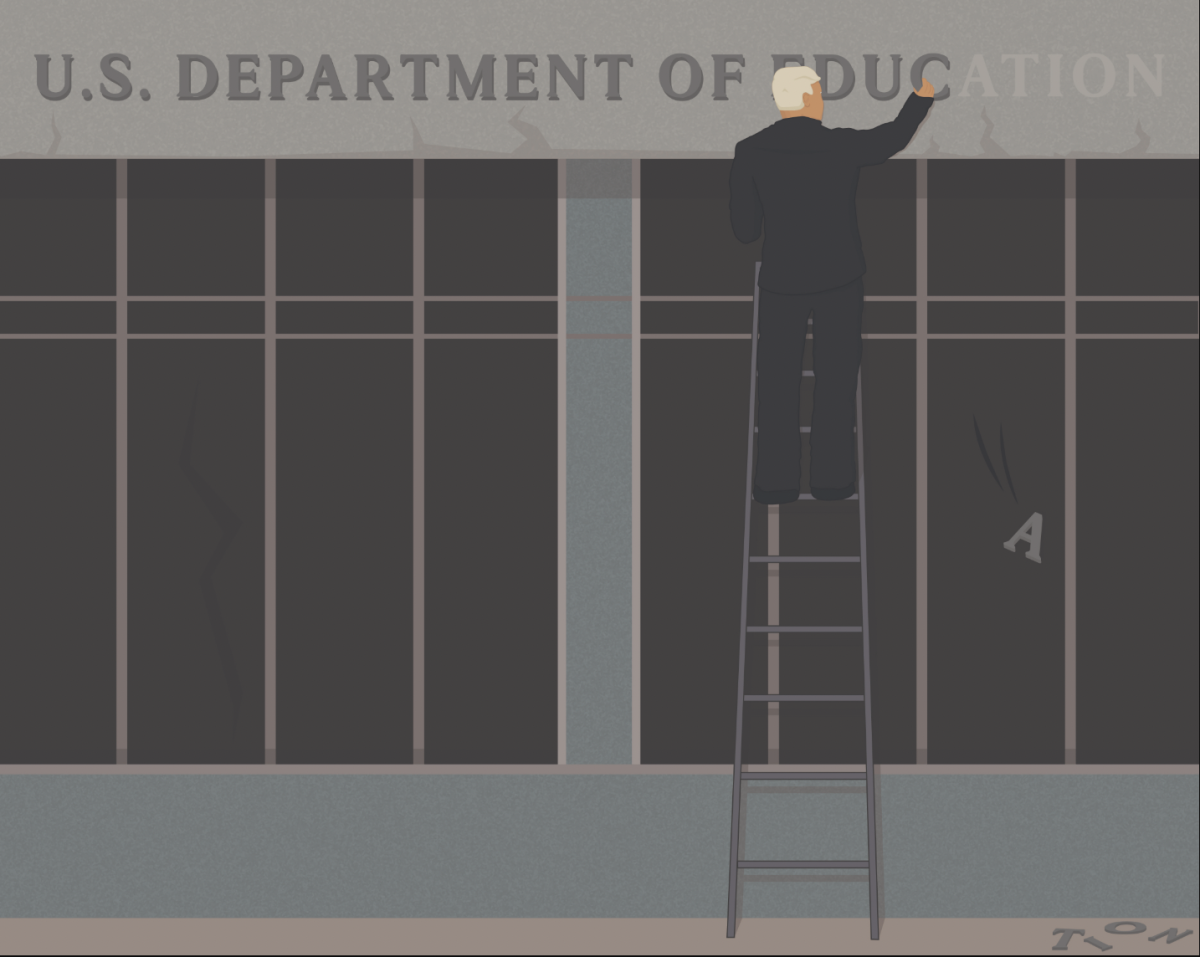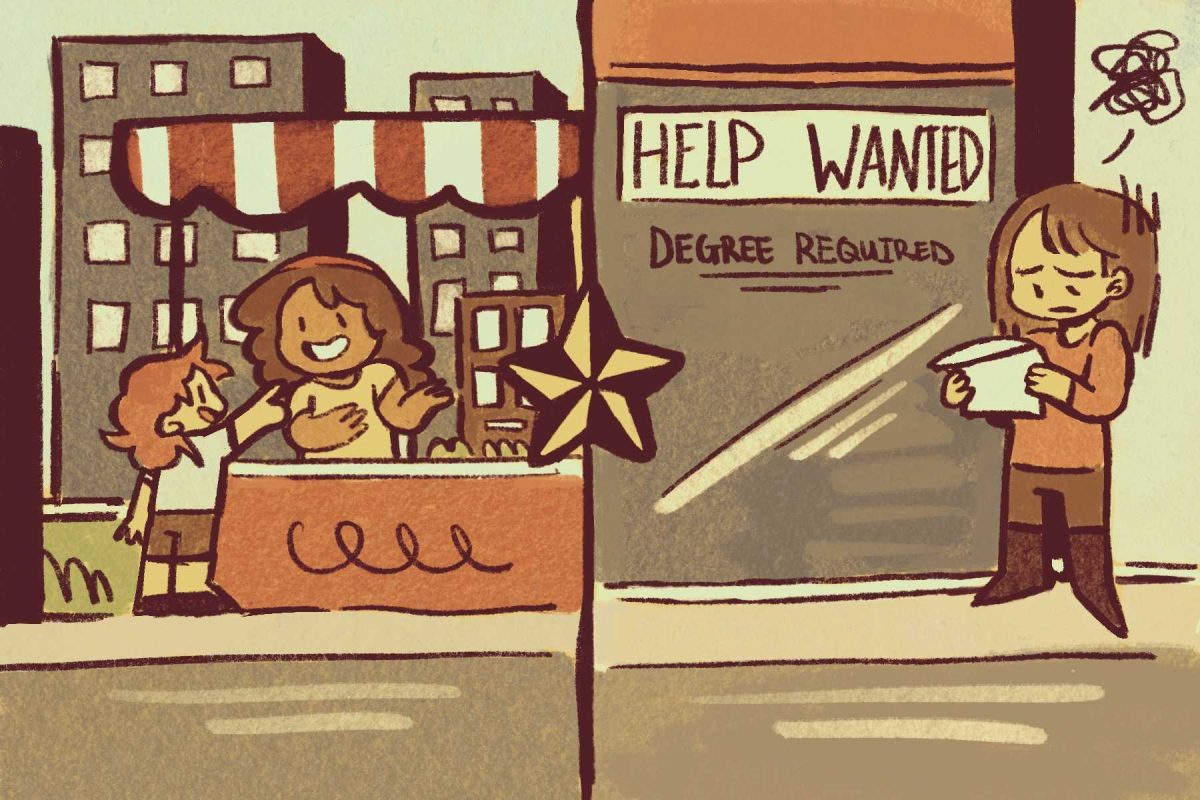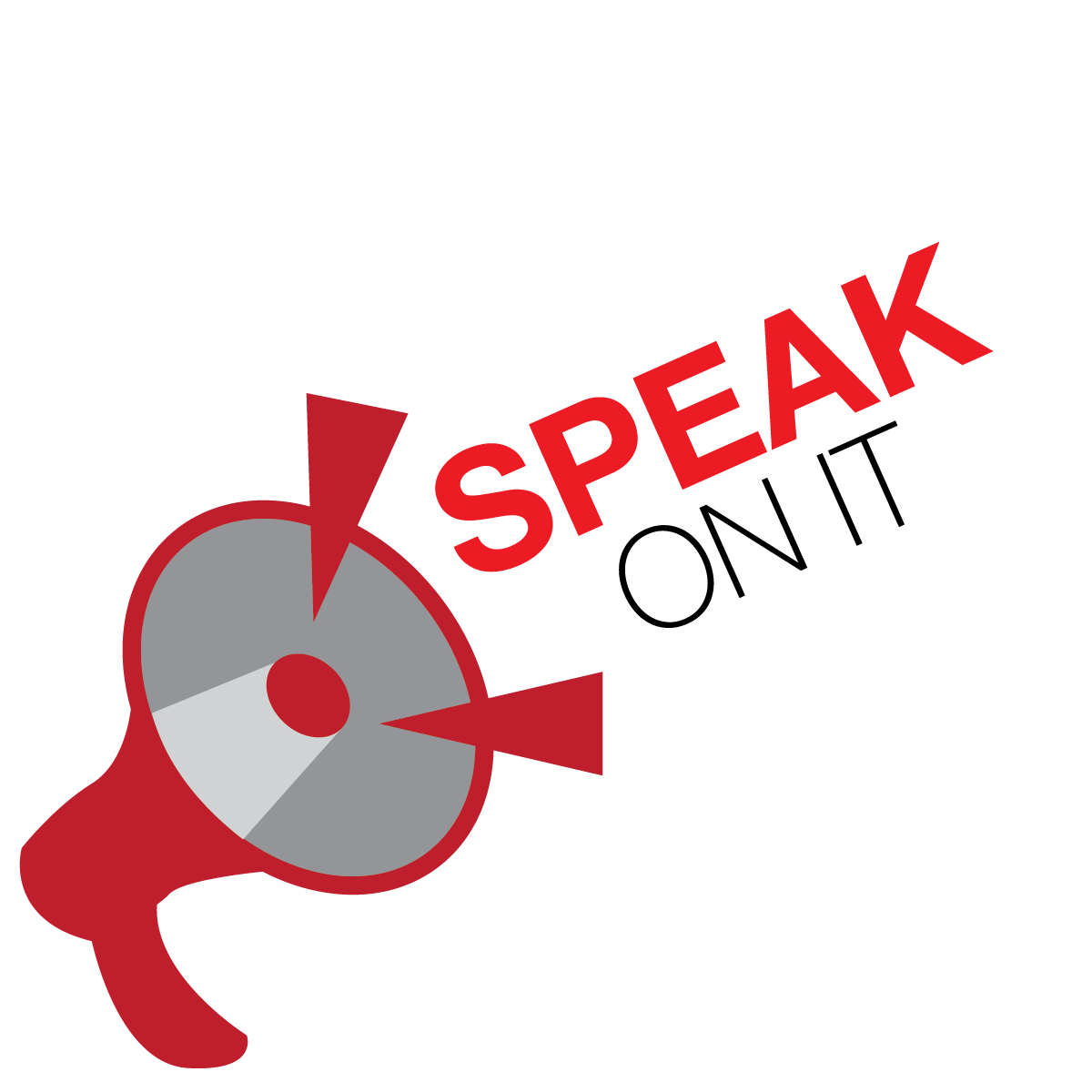Tuition is routinely complained about by students, as they spiral into debt before their careers even begin. But its not the only outrageous cost. College textbooks have become a major problem in their own right. Publishers continue to publish new books year after year, rendering the old ones obsolete and forcing students to pay up to $300 for the next edition.
Since 1977, the cost of textbooks has risen nearly 1,100 percent, which is over three times higher than inflation. The problem is in a free market, consumer choice can drive prices down as companies compete, but textbooks do not have this mechanism. The students are forced to purchase whatever textbooks their professor deems necessary, creating a captive consumer that has no recourse but to get the textbook. Trying to go without one in many classes only leads to failure.
Many students turn to renting or buying used books as a solution to these, but each has major problems associated with it. That’s why the university should mandate a switch to open source textbooks in all classes where that is possible.
Open textbooks are textbooks that have been funded, published and licensed to be freely used, adapted and distributed. There are around a dozen sites that already host these textbooks and many colleges in states such as New York, Maryland and California are exploring this option to cut down on cost of college. These textbooks are absolutely free as they have been funded through various grants, meaning students can access and download these texts right away.
This solves two immediate problems that textbooks face right now. First, students no longer must spend money on books, which some studies put around $1,200 a year per student. Open source books would mean a significant savings for cash strapped students. All students know the frustration of spending money on a textbook only to crack the book once or twice—or in some cases, not at all. If there is no money being spent, then it’s less of a frustration.
The second problem it solves is that of expedience. Many students wait to get their textbooks to see if their professors mandate it. Combine this with waiting for shipping or getting scammed out of a bad Chegg code and students are already behind from day one. An easily accessed online file ensures students will not be playing catch up from the first day.
One unique quality to open source textbooks is that professors can change the content within them. Without trademarks or copyrights attached to the material, professors are free to adapt the textbooks to their classes, removing and adding material as they see fit. This could create a much more useful textbook that gives instructors more room to teach what they want.
There really is no disadvantage. With many classes already switching to digital textbooks, which ironically carry the same expensive prices attached to them, students are already used to this format. For students who cannot afford a computer, these books are easily accessed from the school library or other places on campus with access to labs. With a free, easily updateable and changeable textbook students would benefit far more.
Regular textbooks are a scam. There is no reason for these publishing companies to price gouge students or make insignificant changes to material and justify an insane price increase year after year. These companies cannot be brought to heel by the current market and so it is up to universities to implement policies that protect their students while also allowing them to still effectively learn. A competitor is needed, and that competitor should be open source textbooks.
– Jordan Drake is a communications senior
Categories:
Texas State should switch to open source textbooks
November 6, 2018

With free, easily updateable and changeable textbooks, students would benefit far more.
Illustration by Jeff Follender
0
Donate to The University Star
Your donation will support the student journalists of Texas State University. Your contribution will allow us to purchase equipment and cover our annual website hosting costs.
More to Discover








